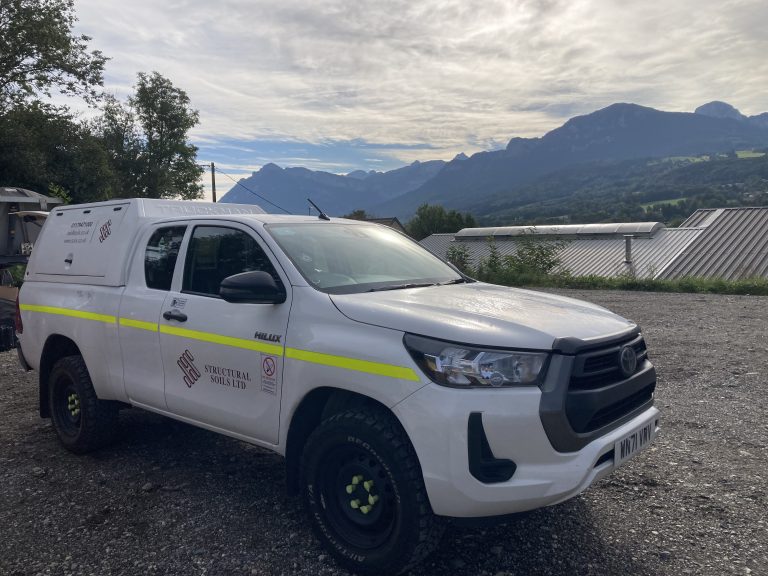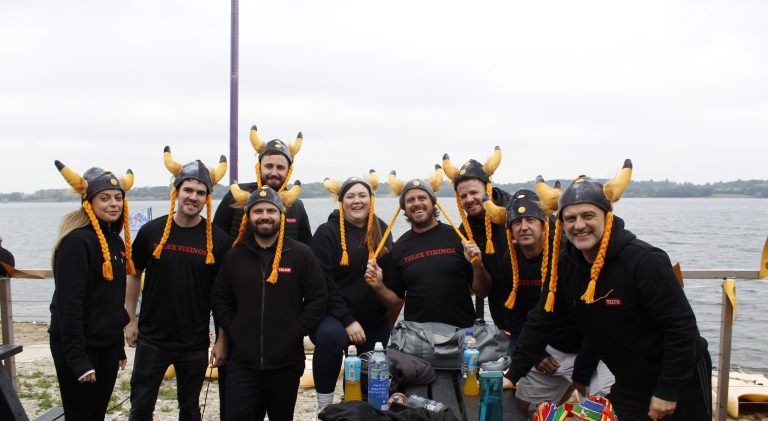Rivers provide essential resources, from drinking water to recreation, and are a vital part of ecosystems. However, human activity has put increasing pressure on these waterways. Finding a balance between using rivers and securing their sustainability is key to preserving them for future generations. The Impact of Human Activity Urbanization, agriculture, and industrial development have transformed many river systems. Over-extraction of water, pollution from runoff, and habitat destruction are just a few ways human activities have impacted rivers. The challenge is maintaining the economic and recreational benefits these rivers provide while mitigating the harm caused by unsustainable practices. For example, industries often depend on rivers for water, but excessive withdrawal can deplete water levels, harm aquatic life, and affect the surrounding ecosystems. In urban areas, rivers are also used for wastewater disposal, which can lead to pollution if not properly managed. As our population grows, these stresses on river systems increase, requiring more careful management strategies. Sustainable River Management Sustainable water resources management involves protecting the health of river water while meeting human needs for water, recreation, and other resources. This requires maintaining the balance between conserving natural ecosystems and allowing for responsible usage. To do this, various strategies are employed to restore and protect waterways from the impacts of pollution, overuse, and habitat destruction. One example is the Indian River Lagoon, where conservation efforts focus on restoring habitats, improving water quality, and involving the local community in preservation activities. Such projects demonstrate that meeting sustainable development goals is not just about regulating water use but also about fostering healthy ecosystems that support both wildlife and people. Restoring natural processes is another key practice to ensure the availability of freshwater resources. Removing outdated dams allows for the free flow of water, secures water supplies, and helps to reestablish natural ecosystems. Similarly, wetland restoration projects help filter pollutants from runoff before they reach the river, improving water quality and providing habitats for a variety of species. These efforts are essential for the long-term sustainability of the entire river basin, as they help maintain biodiversity and improve water quality for human consumption and agricultural use. Stakeholder Engagement and Collaboration The future of river sustainability depends on collaboration between governments, industries, environmental organizations, and local communities. Effective stakeholder engagement allows for diverse perspectives to be considered, leading to more balanced and sustainable solutions. Local communities, in particular, play a critical role because they are often the most directly affected by changes to river health. Community-based initiatives can help foster this engagement. For instance, creating river ‘report cards’ offers a transparent way to track water quality and river health, engaging the public in monitoring and preservation efforts. Involving local stakeholders early in planning processes can lead to more informed decision-making and better long-term outcomes. Private sector participation is also critical in financing sustainable river management projects. Aside from environmental compliance, businesses that rely on river systems for their operations can contribute through ecosystem service payments, which incentivize the protection and restoration of river ecosystems. Climate Change Considerations Climate change is one of the biggest threats to river sustainability. Changes in weather patterns, increased temperatures, and altered precipitation can disrupt river flows, lead to more extreme flooding or droughts, and further strain already overtaxed river systems. Planning for these changes is a necessary component of any sustainable river management strategy. Using climate-sensitive models to predict future water availability and developing infrastructure that can withstand extreme weather events are both essential for protecting river systems. For example, in flood-prone areas, natural floodplains can be restored to help absorb excess water, reducing the need for artificial flood defenses and preserving the ecosystem. Balancing Recreation and Conservation Rivers are a source of recreation for millions of people. From fishing and boating to swimming and hiking along riverbanks, these activities contribute to local economies and enhance quality of life. However, recreational use can sometimes conflict with conservation efforts, especially in fragile ecosystems. Sustainable recreation management aims to minimize environmental impact while still allowing people to enjoy rivers. Simple strategies, like limiting access to sensitive areas or establishing seasonal restrictions, can help protect wildlife during critical times, such as breeding seasons. Organizations focused on river conservation often work to educate the public about responsible recreation practices. For example, promoting ‘leave no trace‘ principles helps reduce litter and other human impacts on river environments. Additionally, some areas have implemented eco-tourism programs that support both recreation and conservation efforts by directing visitor revenue into water conservation projects. The Path Forward Balancing river use with sustainable development requires coordinated efforts on many fronts. Governments must enact and enforce regulations that protect clean water and limit overuse. Industries and agriculture must adopt more water conservation practices, and communities need to be actively involved in preservation efforts. By taking a holistic approach that considers environmental, social, and economic factors, we can safeguard rivers for future generations. Rivers are not just resources; they are lifelines for both people and ecosystems. Sustainable water management practices, stakeholder collaboration, and climate-adaptive planning are the foundation for supporting the long-term health and vitality of rivers in the years to come.








